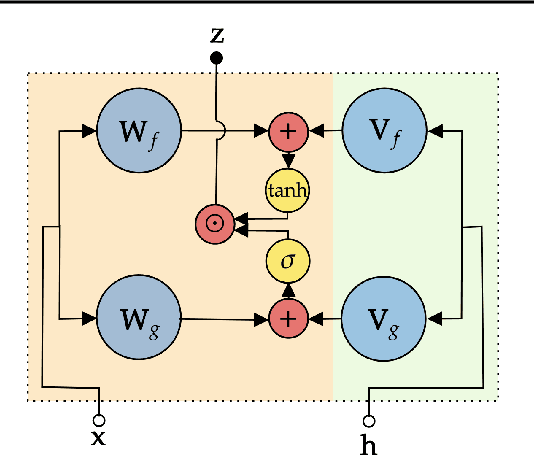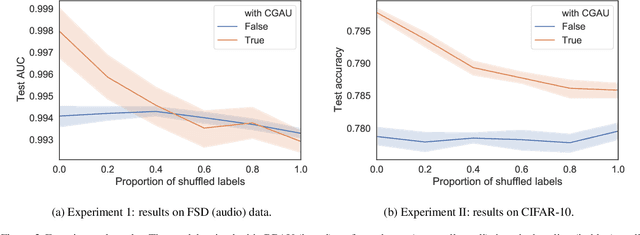Lars K. Hansen
Client Adaptation improves Federated Learning with Simulated Non-IID Clients
Jul 09, 2020

Abstract:We present a federated learning approach for learning a client adaptable, robust model when data is non-identically and non-independently distributed (non-IID) across clients. By simulating heterogeneous clients, we show that adding learned client-specific conditioning improves model performance, and the approach is shown to work on balanced and imbalanced data set from both audio and image domains. The client adaptation is implemented by a conditional gated activation unit and is particularly beneficial when there are large differences between the data distribution for each client, a common scenario in federated learning.
Deep Convolutional Neural Networks for Interpretable Analysis of EEG Sleep Stage Scoring
Oct 02, 2017


Abstract:Sleep studies are important for diagnosing sleep disorders such as insomnia, narcolepsy or sleep apnea. They rely on manual scoring of sleep stages from raw polisomnography signals, which is a tedious visual task requiring the workload of highly trained professionals. Consequently, research efforts to purse for an automatic stage scoring based on machine learning techniques have been carried out over the last years. In this work, we resort to multitaper spectral analysis to create visually interpretable images of sleep patterns from EEG signals as inputs to a deep convolutional network trained to solve visual recognition tasks. As a working example of transfer learning, a system able to accurately classify sleep stages in new unseen patients is presented. Evaluations in a widely-used publicly available dataset favourably compare to state-of-the-art results, while providing a framework for visual interpretation of outcomes.
 Add to Chrome
Add to Chrome Add to Firefox
Add to Firefox Add to Edge
Add to Edge